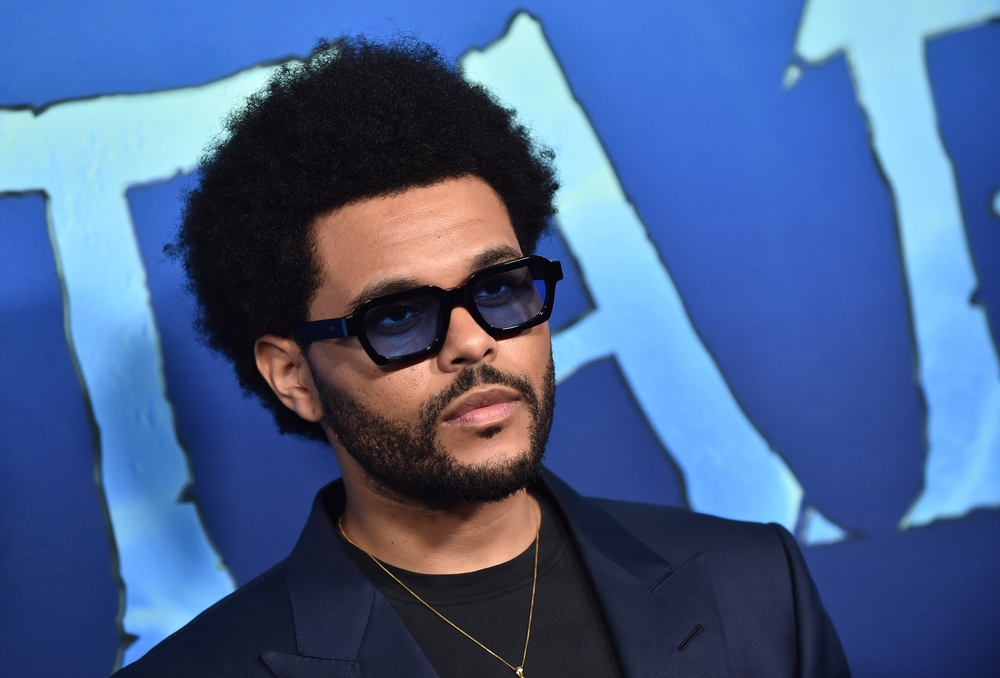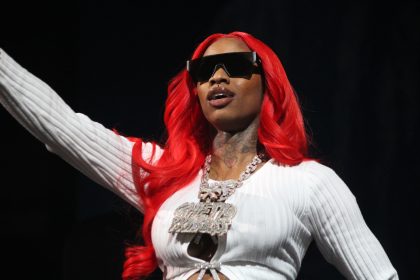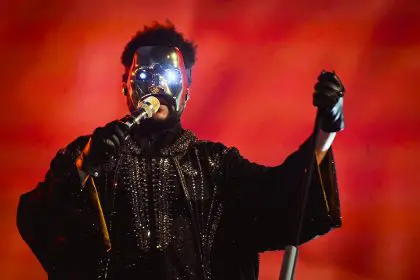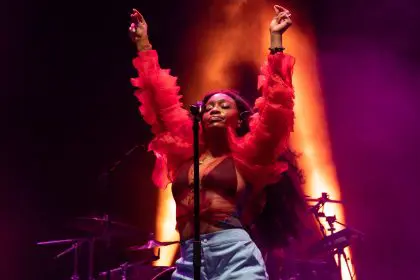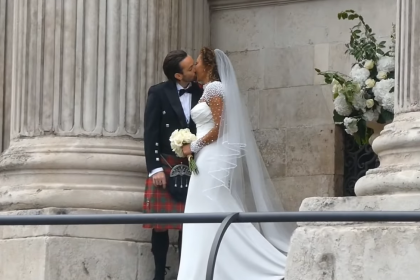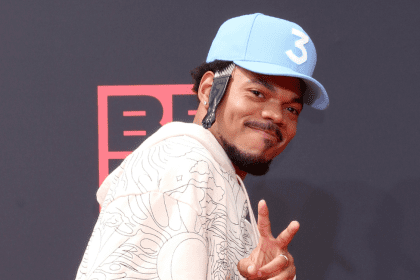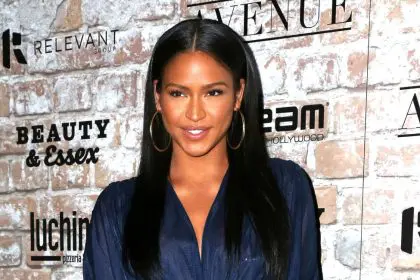The Weeknd says any criticism he is faced with is “not worth dwelling on”. His perspective comes at a time when artists increasingly face public scrutiny across multiple creative platforms and social media channels.
The ‘Timeless’ hitmaker – whose real name is Abel Tesfaye – takes any criticism he receives as “highly constructive” feedback and admits the negative comments about his controversial erotic mini-series ‘The Idol’ were “confusing”. The series marked his significant transition from music to television, adding another dimension to his entertainment career.
He told Complex magazine: “I believe criticism can be highly constructive, but when you don’t understand what you’re being criticized for, it can be a little confusing. When deciding to play a despicable character you face the challenge of negative perception. Sometimes it’s hard to decipher whether the criticism is about a performance, the character itself, or the decision of taking the role. Ultimately, it’s not worth dwelling on.” His words resonated with many artists who navigate between different creative mediums.
The HBO series, which starred Abel, 35, and Lily-Rose Depp, 25, ended early after five episodes instead of the originally intended six instalments and had been met with fierce backlash – with some critics even describing the series as “torture porn” due to its explicit content. The show became one of HBO’s most talked-about releases, sparking intense discussions across entertainment media.
The show – which was created by ‘Euphoria’ writer Sam Levinson, Abel and Reza Fahim – followed Lily-Rose’s pop star character Jocelyn, who turned to self-help guru and cult leader Tedros (Abel) after having a nervous breakdown. The narrative explored dark themes within the music industry, drawing attention from both entertainment critics and cultural commentators.
In the finale, she turned the tables on Tedros for his attempts to control her life and career. This conclusion generated substantial debate among viewers and critics, who dissected its implications for the series’ overall message.
Lily-Rose defended the sex scenes and insisted it was meant to be “provocative” and “polarizing” despite the criticism. Her stance emphasized the intentional nature of the show’s controversial elements, which aimed to challenge viewer expectations.
The Weeknd admitted it was a “bumpy” ride after the series ended earlier than planned. His acknowledgment of the challenges faced during production offered insight into the complex nature of creating boundary-pushing content.
He wrote on Instagram at the time: “The finale. Grateful to share this moment with you all as the season comes to an end. Continue to push the vision no matter how bumpy the journey.” His message reflected both gratitude toward supporters and determination to maintain his artistic vision.
Despite the mixed reception, The Weeknd’s career continues to evolve across multiple entertainment spheres. His music remains highly influential in the industry, while his venture into television has opened new creative pathways. Industry observers note his ability to generate discussion and challenge conventional entertainment boundaries.
The controversy surrounding ‘The Idol‘ has sparked broader conversations about artistic expression in modern television. Media critics have examined how the show pushes traditional boundaries of storytelling and content in the streaming era. The Weeknd’s involvement has particularly highlighted the crossover between music and television industries.
The show’s impact extends beyond its initial run, influencing discussions about content creation and artistic freedom in contemporary media. Cultural commentators continue to analyze its significance in the context of modern entertainment and celebrity culture. The Weeknd’s participation has demonstrated the evolving nature of artist involvement in television production.
Looking ahead, The Weeknd‘s approach to criticism and creative expression continues to shape his artistic journey. His experience with ‘The Idol’ has contributed to ongoing discussions about the relationship between artists and their audience in the modern media landscape. Industry insiders suggest this experience has influenced his perspective on future creative endeavors while maintaining his commitment to pushing artistic boundaries.

